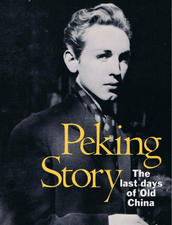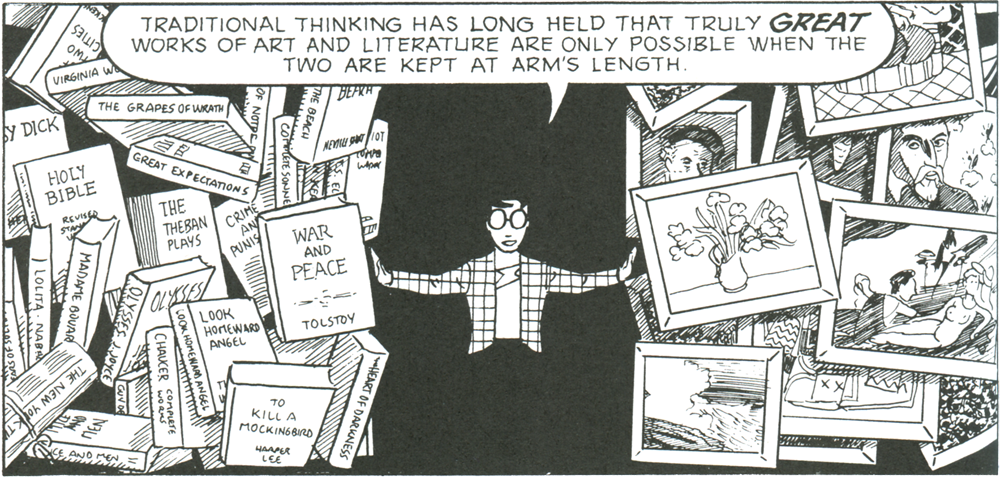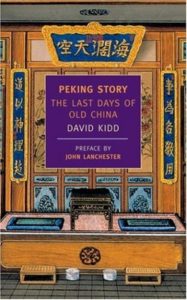
Previously: Portable dreamweavers
Blogging in 2017 was again marked by another foray into the world of Kindle Scout, this time for my Bridge Daughter sequel Hagar’s Mother. That year I also ran a three-part series discussing the crossover between writing fiction and writing code, and some short entries on how I use a writing notebook when preparing to write a novel.
The most popular entry from 2017 was, by far, on Scott McCloud’s Understanding Comics. I first read this groundbreaking book in the 1990s, and have reread it at least three times since. McCloud wrote (and drew!) more than a treatise on how comics work. It’s a manifesto praising comics as the ultimate communication form ever devised. As I wrote, McCloud is “not merely comics’ Aristotle and ambassador, he’s its evangelist. Understanding Comics may be the first foundational lit crit text written by a fan boy.” I followed up a month later with “Blood in the margins,” which takes some of the lessons McCloud offers and back-ports them to fiction.
The 2017 entry I’m most proud of is on David Kidd’s memoir Peking Story: The Last Days of Old China. Originally anthologized in 1961 under its original title All the Emperor’s Horses, David Kidd’s classic is one of those remarkable nonfiction books that’s largely flown under the cultural radar. I have a theory why.
Kidd was an American, born and bred in the Midwest, who traveled to China at the end of World War II, where he married into a prominent Chinese family. When the book opens, he joins them behind the walls of their mansion compound, where they sip tea and reminisce about their family’s illustrious past. Meanwhile, the Communist insurgency is beginning to assume control over the country. Kidd pines for China’s past and mourns the loss of its ancient cultural traditions to the incoming revolutionaries. This is why I call the book “a literary eulogy.”
On the surface, it’s a wonderful book, with economical prose both graceful and straightforward, and lots of well-drawn authentic detail. Structurally, it’s as classical in its design as the Parthenon. As far as I can tell, it’s the only book Kidd authored, but what a book to rest your laurels upon.
As I wrote, Kidd was an unusual narrator for his memoir: “There are moments that read like a Graham Greene novel, the world-weary British expatriate turning up his nose at the dreary reactionaries and their anti-imperialist manifestos.” An uneasiness grows as you read between the lines. You sense that Kidd is, on one hand, a snobby and mildly myopic WASP, and on the other hand, an unrepentant Sinophile infatuated with China’s exotic past. His new in-laws, while not nearly as wealthy as their forebears, live a rather luxurious life compared to the peasants in the fields and the servants washing their clothes. Kidd seems as blithe to to the inequities as his in-laws are. When I reread Peking Story for the blog post, I kept wishing Kidd would at least once acknowledge the disparity. The acknowledgement is never really offered.
And that, I think, is the stain that prevents Peking Story from becoming a true classic of nonfiction or New Journalism. It’s not due to political correctness gone amok, but a lack of social awareness that modern readers expect from authors. Kidd should be the outsider peering in, but no, he is such a Sinophile, he eagerly jumps onto the garden divan to loll about with his new Beijing family. Even Fitzgerald—who never met a person of breeding he couldn’t write about—had the necessary introspection to offer the reader asides on the absurdities of the ultra-rich.
As much as I admire Kidd’s masterpiece, I can’t help but sense that the shadow casting a pall over it is not from what he wrote, but what he left unsaid.
Twenty Writers: David Kidd, Peking Story: The Last Days of Old China

